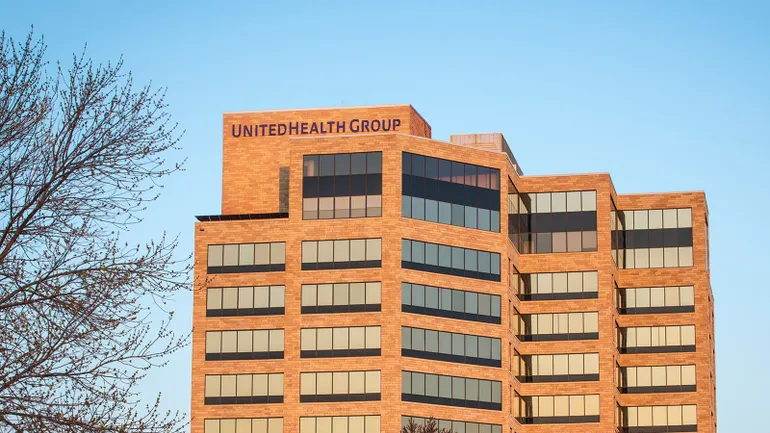Bayer details layoffs as company shake-up continues


German pharmaceutical company Bayer eliminated 1,500 roles during the first three months of the year as part of a company makeover CEO Bill Anderson promised last year.
Speaking on a first quarter earnings call Tuesday, Anderson said about two-thirds of the 1,500 roles were managerial positions. He did not indicate how many more jobs might be affected in Bayer’s ongoing restructuring.
The company listed 98,189 employees at the end of March, down from a count of 99,723 as of December.
Anderson, who joined Bayer as CEO last June, promised a major overhaul of the company after a sluggish year despite prior cost-cutting efforts. Anderson blamed the low performance on the company’s levels of bureaucracy and pledged a “radical realignment” of Bayer’s internal culture.
Bayer expects to complete the layoffs by the end of 2025 for those in the U.S. Employees in Germany, who have stronger labor protections, will not be officially terminated until the end of 2026.
Changes are also underway in the company’s higher ranks. In January, three executives in the crop science division of Bayer departed from their roles. A couple of months later, the pharmaceutical leadership team was shrunk down to eight members from 14 along with changes in roles.
“We’re consolidating roles, designing teams for more impact, and taking out layers,” Anderson said on the earnings call Tuesday. “Our senior leadership circle is already noticeably smaller than it was a year ago.”
Bayer is targeting 500 million euros in “sustainable” cost savings this year, and 2 billion euros in 2026. The most important measure of the restructuring’s impact, he added, “will be in our ability to innovate, grow our businesses, and improve life for our customers.”
Earnings numbers showed group sales of 13.7 billion euros, or about $14.8 billion, during the first quarter — slightly down from the same period last year on a currency- and portfolio-adjusted basis. Bayer’s pharmaceutical sales increased by 3.9% to about 4.4 billion euros. The growth was driven by new products like the company’s cancer drug Nubeqa and chronic kidney disease treatment Kerendia.
This post has been syndicated from a third-party source. View the original article here.




